You must be logged in to post a review.
Mark Levinson – No 536 Mono Power Amplifier
-
Staggering Power, Miracle-Conjuring Sound: 400Wpc Mark Levinson № 536 Power Amplifier Turns Listening Experiences Into Aural Epiphanies, Features Fully Discrete and Differential Signal Paths
Voltage-stable independent of load, big, heavy, and able to provide gobs and gobs of high current to effortlessly drive practically any loudspeaker in existence: The Mark Levinson № 536 mono power amplifier turns listening experiences into aural epiphanies. Wondrously transparent, dynamic, fast, and open, a pair of № 536s will make your music sing with boundary-defying extension, stellar precision, graceful finesse, and, when required, feel-it-in-your gut punch. Want reference-setting bass? Say no more. The 114-pound № 536 produces low-end responsiveness marked by immense impact, control, grip, and realism. You’ll also marvel at the timbral detail, separation, and definition this Stereophile Class A Recommended Component will bring to your recordings.
Rated at 400Wpc into eight ohms (and a knockout 800Wpc into four ohms), this U.S.A.-made beast performs its miracle-conjuring results by way of fully differential and fully discrete signal paths, mirror-imaged circuit topology, and high-current power supplies that count eight discrete, high-speed TO-220 Schottky rectifiers and 18 paralleled filter capacitors. № 536 boasts mind-warping storage capacitance of 169,200µF as well as a single, low-noise, 1800VA toroidal power transformer with separate secondary windings for each stage. Protection for № 536 and your loudspeakers arrives courtesy of redundant pathways and continual monitoring of the heatsink temperature, internal operating temperature, power-supply rail voltage, output voltage, and output DC level.
While most high-end manufacturers approach designs with several hopeful end-goals in mind. Mark Levinson developed № 536 beginning with a daunting list of firm technical demands and measurable specifications that, once met, would bring about verifiable sonic outcomes – not just wishful results. Indeed, № 536 had to pass a strict list of requirements before the concept turned to reality. Levinson engineers insisted on harmonic distortion levels at <0.02% at 1kHz and <0.2% at 20kHz; bandwidth extending from 0.2Hz to 120kHz (and beyond); critically damped square-wave response with leading and trailing edges free of slewing artifacts; and optimized open-loop linearity and bandwidth, with global negative feedback within the 12-20dB range.
This incredible device meets all those parameters and then some, and most importantly, transcends technical numbers to deliver immersive, natural, soul-affirming sound that will have you want to keep listening for a lifetime. Experience № 536 in your home with the security of our 100% Music Direct Satisfaction Guarantee.
“Nine months after I began listening to it, its soundstaging, imaging, speed, and wide-ranging dynamic contrasts remain spellbinding…”
– Larry Greenhill, Stereophile, Class A Recommended Component
A Mark Levinson Exclusive: Pure Path Circuit Design
Since 1972, Mark Levinson has been dedicated to the uncompromising art of sound, guided by the principle of musical purity. To achieve that goal like never before, Mark Levinson engineers scoured company archives and developed a circuit-design philosophy called Pure Path. On a conceptual level, its hallmark principles include a discrete, direct-coupled, fully balanced, dual-monaural signal path that delivers unrestricted, uncompromising purity. Far from merely arranging high quality components in an intelligent manner, Pure Path represents the meeting of science and art – and both measured and subjective performance. Pure Path highlights in № 536 include Folded Cascodes, an extremely high bias current, and very little negative feedback.
High Gain with Low Noise and Wide Bandwidth: The Folded Cascode
Mark Levinson components are designed around a Pure Path amplifier circuit concept that makes heavy use of a circuit design element called a cascode. Originally created for improving the bandwidth of vacuum-tube circuits in radios, cascodes both improve bandwidth and enhance linearity. A cascode combines two transistors so that they operate as a single composite device that functions like a single transistor, using the wanted characteristics of each component transistor, and rejecting the unwanted characteristics. Mark Levinson engineers began their design of the preamp gain stage with pairs of JFETs (junction field-effect transistors) chosen for their low noise and high gain. JFETs achieve such characteristics by being large, and with their size comes nonlinear gain – or distortion. To mitigate this, BJTs (bipolar junction transistors) are added to the circuit. BJTs exhibit very low input impedance and very high output impedance, which translates to excellent bandwidth and linearity. By creating a cascode of the JFETs and BJTs, Levinson engineers created a design with the best characteristics of both sets of devices. The output of the cascode is then connected to another transistor of the opposite “gender.” Current flows through it in the opposite direction to “turn around” the direction of the signal current. This special connection is called a Folded Cascode and a hallmark of the Pure Path circuit: High gain with low noise, wide bandwidth, and excellent linearity.
Best-Possible Open-Loop Performance
The audio circuitry in № 536 is optimized for the best-possible open-loop performance. As a result, very little negative feedback is necessary, and the amount employed can be adjusted to achieve certain subjective or objective results. The open-loop gain and bandwidth of the circuit are painstakingly set using precision resistors and compensation capacitors. Additional precision resistors compose the feedback network.
Uncompromising Build: Military-Grade Components
All Mark Levinson equipment employs electronic components carefully chosen for their specific task. Gain-stage JFET pairs have high gain, low noise, and low distortion. And since they are encapsulated in the same package, the two devices operate under nearly identical conditions. Capacitors used in critical filtering locations are film types, noted for their consistent performance regardless of temperature and frequency. Finally, resistors in critical gain-setting and feedback locations use tantalum nitride thin-film elements. Tantalum nitride typically finds use in sensitive military equipment because it is unusually stable with respect to temperature, exhibits very low noise, and is unaffected by magnetic fields. In fine audio equipment, those characteristics make the sound more revealing and effortless, free of the low-level nonlinearities caused by lesser resistive materials as they heat and cool under dynamic conditions.
Modern Flexibility, Connectivity, and Integration
№ 536 offers balanced and single-ended inputs for use with virtually any preamplifier or source player with variable output. For connection to loudspeakers, № 536 features four pairs of gold-plated binding posts with Mark Levinson Hurricane terminal knobs to support either standard or bi-wired loudspeaker connections. Speaker cables terminating in banana plugs can be used in the USA and other non-European countries. System-integration connectivity includes Ethernet/IP control, RS-232, USB for monitoring and configuration via web page, plus 12V triggers.
The Mark Levinson Advantage
Few, if any, names are more synonymous with premium-level high-end audio as Mark Levinson. Unafraid to take spare-no-expenses approaches and unbowed in their pursuit of absolute purity, U.S.A.-made Mark Levinson products continually set new standards for the entire industry. Focusing on prestigious sound quality, time-defying longevity, and meticulous craftsmanship, every component wearing the Mark Levinson badge is at once a symbol of sonic excellence – and a sign you and your music have arrived at an exclusive destination.
Features & Specifications
Input connectors: one Balanced, one single-ended
Speaker Connectors: two pairs of Hurricane loudspeaker outputs banana-plug sockets per channel
Control I/O: Ethernet, RS-232, Trigger In and Out, USB-A, Mini USB
Rated Output Power:
400 wpc RMS @ 8Ω
20Hz to 20kHz @ <0.3% THD, full output from 2.83VRMS Frequency Response: 10Hz to 20kHz ±0.2dB Signal-to-Noise Ratio: >85dB, reference level: 2.83 VRMS
Input Impedance: 60 kΩ balanced; 30 kΩ unbalanced
Voltage Gain: 26dB
Input Sensitivity: 2.83VRMS output at 142mVRMS input
Power Requirements: 100V~, 120V~, 230V~, factory set for destination country, 1500W
Dimensions (HWD): 7.75″ x 17.75″ x 20″
Weight: 114 lbs.
Reviews
There are no reviews yet.
You must be logged in to post a review.
Related products
-
 Parasound Halo A51 5-Channel Amplifier $7,350.00
Parasound Halo A51 5-Channel Amplifier $7,350.00 -
 Parasound Halo JC5 Stereo Power Amplifier $10,290.00
Parasound Halo JC5 Stereo Power Amplifier $10,290.00 -
 Acurus Aries 2.1 Integrated Amplifier $5,899.00
Acurus Aries 2.1 Integrated Amplifier $5,899.00 -

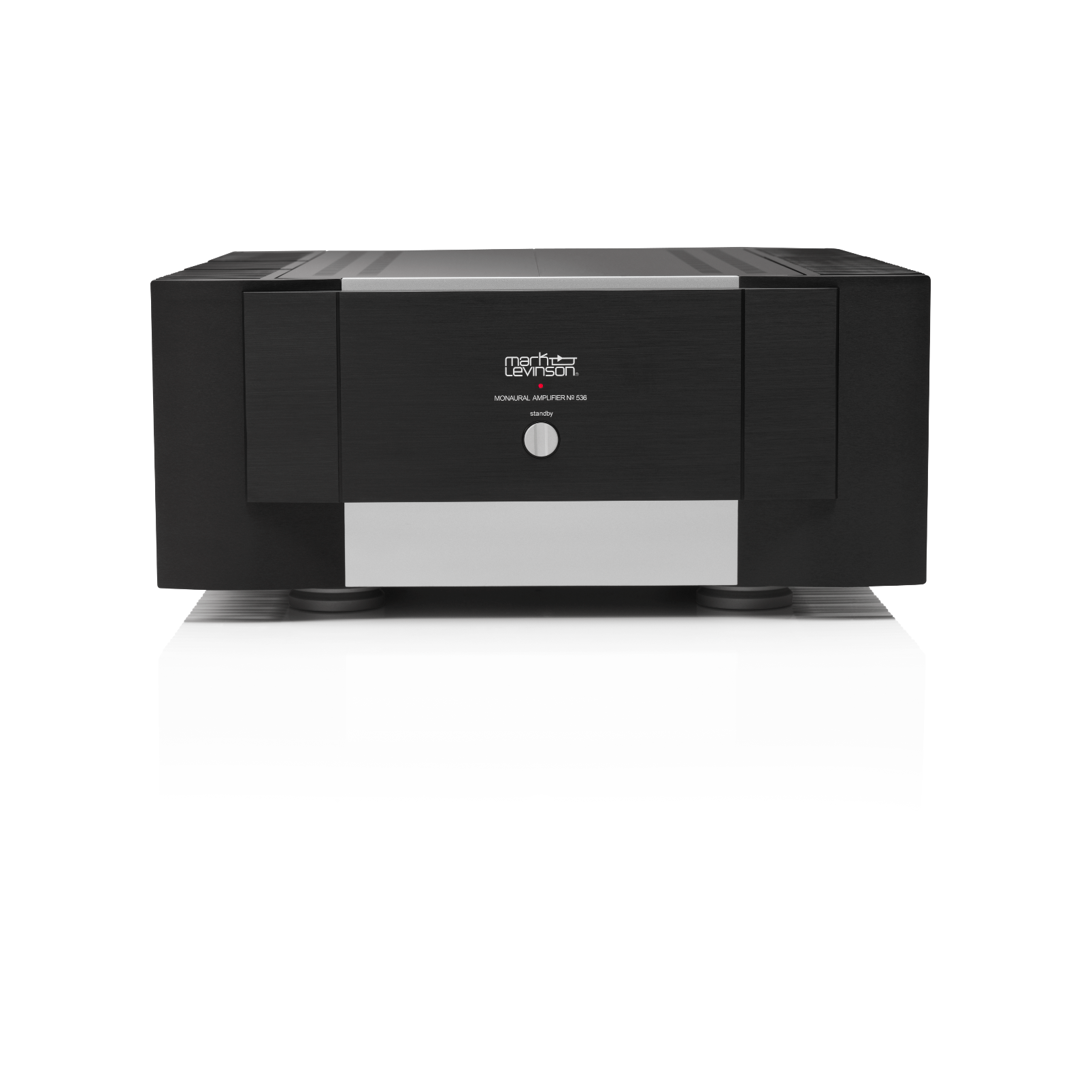
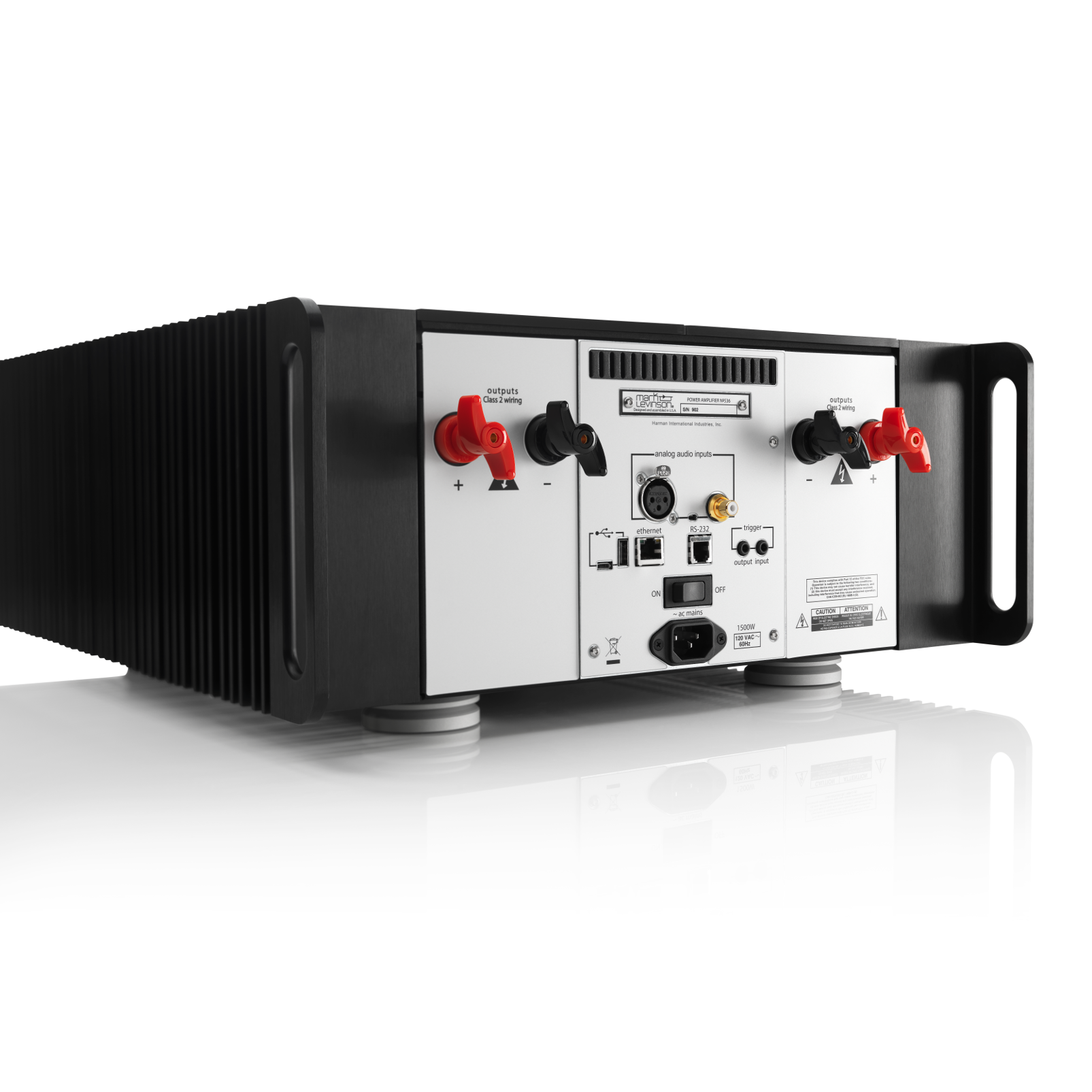
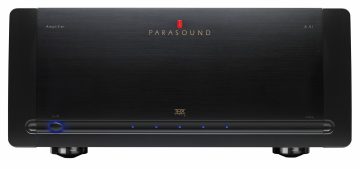
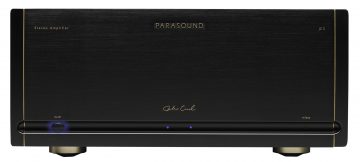

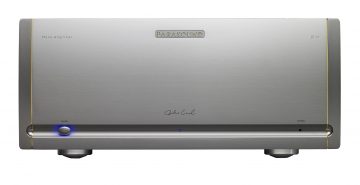
Reviews
There are no reviews yet.